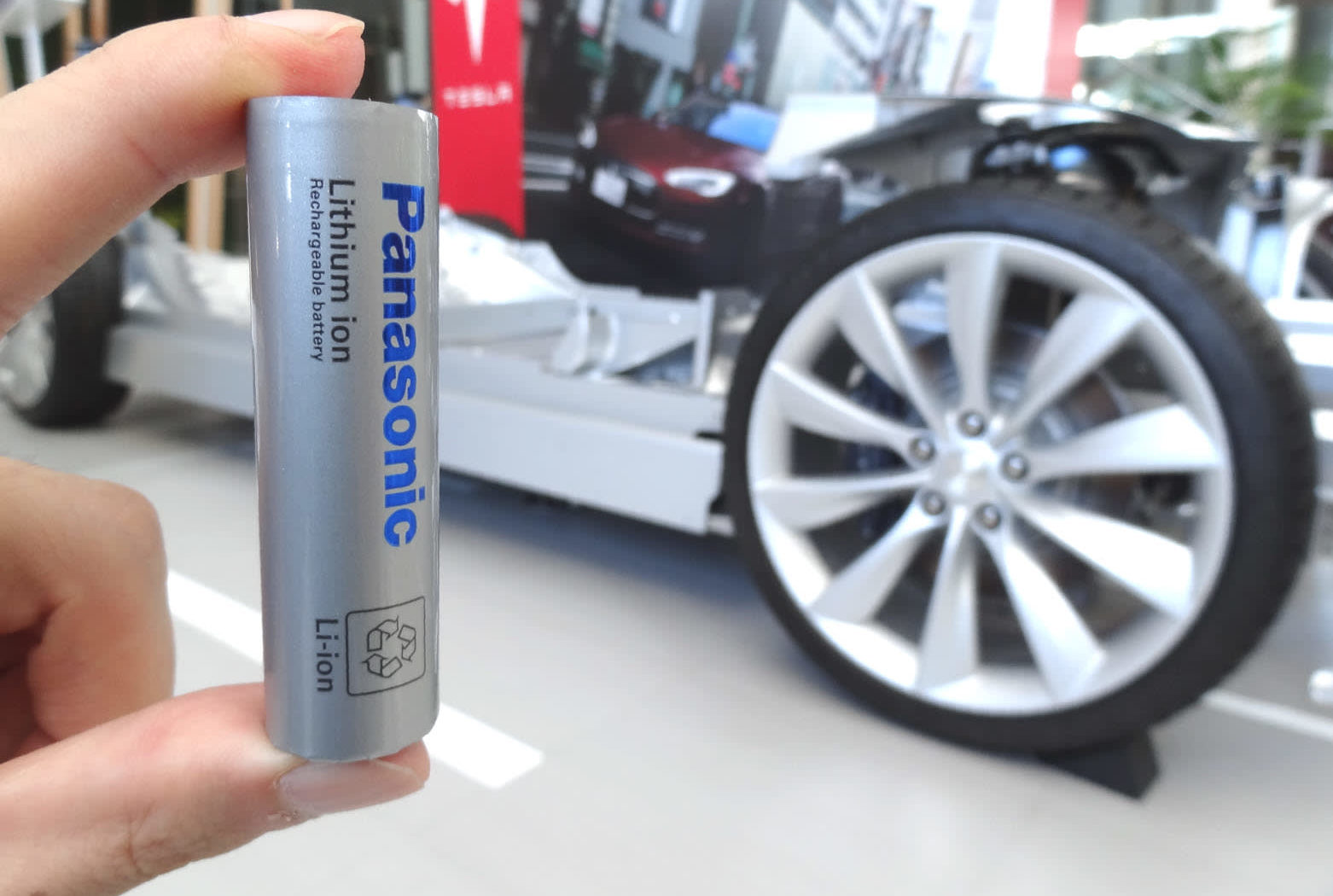For a few years now, the Japanese battery manufacturer Panasonic has been one of Tesla’s main allies. It even jointly operates a plant in the United States (Giga Nevada). All models manufactured by Tesla in the United States today are equipped with NCA cells of Panasonic origin, whether in 18650 or 2170 format.
However, since the end of 2019, Tesla has begun to emancipate itself from its Japanese partners by turning to other suppliers: the Model 3 and Model Y produced in Giga Shanghai, the first plant in China, use NCM cells from LG Chem and LFP by CATL. Also, the firm will start producing its own 4680 battery cells this year.
In parallel, Panasonic also wants to reduce its heavy dependence on Tesla, which currently receives 90% of the batteries it manufactures for the automotive sector. In a recent interview, Kazuhiro Tsuga (outgoing Panasonic CEO) stated that its goal is to produce cells suitable for other brands.
“Currently, it is difficult to sell [our batteries] unless there is a company capable of using our cylindrical cells with Tesla specifications.” The truth is that at present, the vast majority of car manufacturers are betting on other cell formats, be they bag type or prismatic, much easier to assemble.
Everything seems to indicate that one of the first companies to benefit from a large-scale agreement with Panasonic will be Toyota. A manufacturer who had not shown much interest in the electric car, keeping focus on hybrids and the hydrogen fuel cell. However, this will change in the short term due to the rapid evolution of markets such as China or Europe towards battery-electric cars.
This deal will not only include Toyota but also its subsidiaries Daihatsu and Lexus, as well as the Japanese giant’s ‘satellite’ brands: Mazda, Subaru, and Suzuki (although Toyota does not own these companies, the latter holds part of its shareholders; besides, they currently have several collaboration agreements on electric mobility in force).

